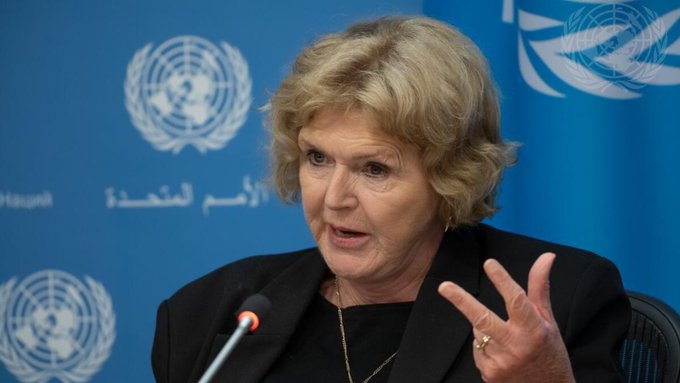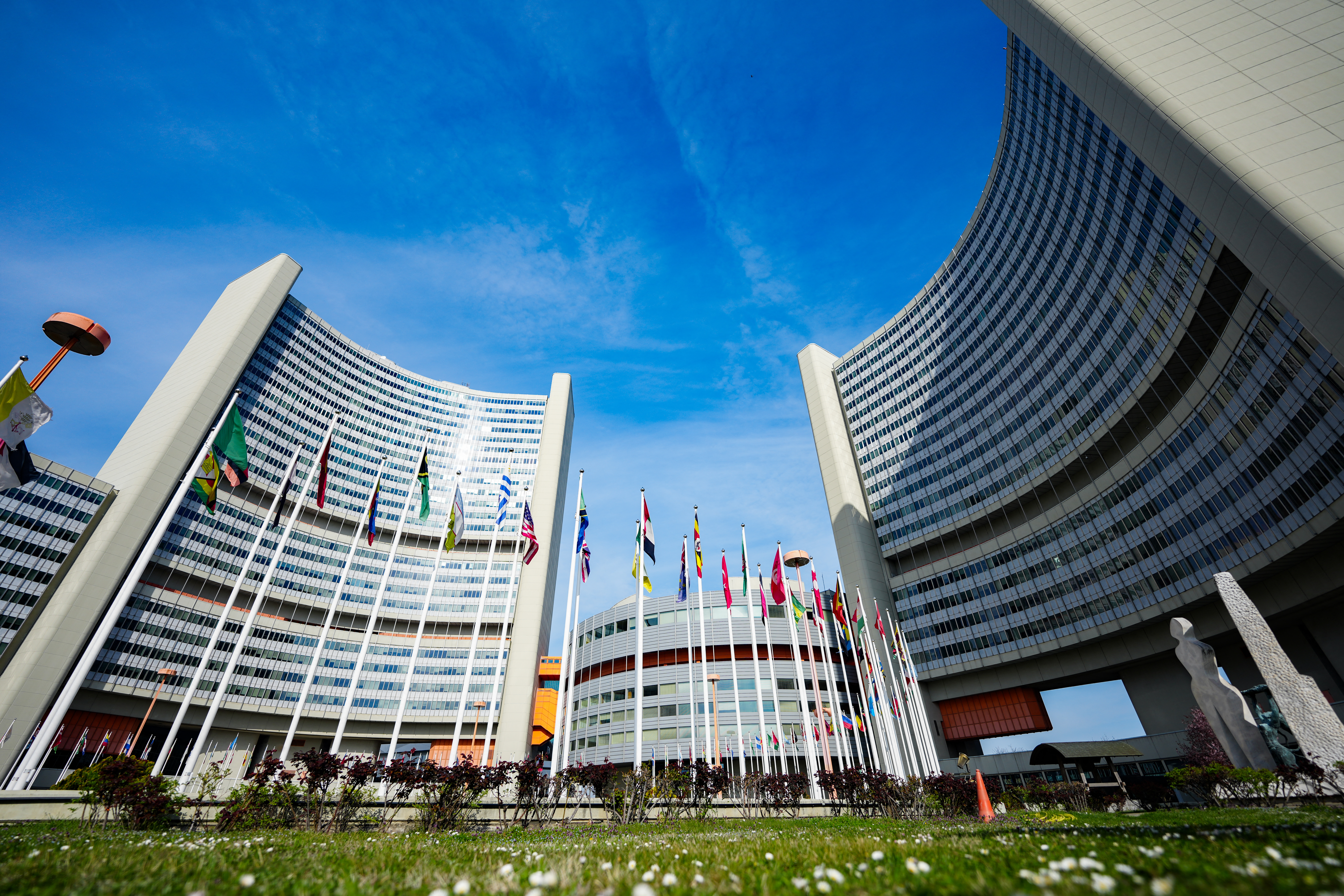UN rapporteur to investigate torture in Brazil
Last visit occurred 15 years ago; mission follows a complaint on the situation at the Maranhão state prison of Pedrinhas
 The UN special rapporteur on torture, Juan Méndez, will be in Brazil from August 3-14 to look into the occurrence of torture and mistreatment in the country’s detention facilities. The mission comes in response to a March 2014 complaint made by Conectas, Justiça Global and the Maranhão Society of Human Rights in the Human Rights Council concerning the violations at Pedrinhas prison, in the state of Maranhão. The arrival of Méndez coincides with the second anniversary of the law that created the National Mechanism to Combat and Prevent Torture.
The UN special rapporteur on torture, Juan Méndez, will be in Brazil from August 3-14 to look into the occurrence of torture and mistreatment in the country’s detention facilities. The mission comes in response to a March 2014 complaint made by Conectas, Justiça Global and the Maranhão Society of Human Rights in the Human Rights Council concerning the violations at Pedrinhas prison, in the state of Maranhão. The arrival of Méndez coincides with the second anniversary of the law that created the National Mechanism to Combat and Prevent Torture.
To ensure the success of the inspections, the agenda of the delegation’s visit is secret. All that is known is that the rapporteur will travel to the states of São Paulo, Sergipe, Maranhão, Alagoas and the Federal District. On the final day of the visit, on August 14, the rapporteur will give a press conference in Brasília to talk about his conclusions and recommendations – which will then be compiled and formally presented to the Human Rights Council in March 2016.
In an official statement published today, July 30, by the office of the special rapporteur, Méndez said he hopes to cooperate with the Brazilian Government “to meet the challenges of upholding the rule of law, promoting accountability and fulfilling the right of reparations for victims”.
Opportunity
According to Vivian Calderoni, a lawyer for the Justice program at Conectas, the visit by the rapporteur represents an opportunity for Brazil to make progress in the prevention and combating of torture. “In addition to exposing a veiled but widespread problem, the rapporteur will present concrete proposals for the country to definitively surmount this situation,” she said. “This is a great opportunity for the Brazilian authorities to engage with one of the world’s leading experts on the topic. It is essential for these authorities, at all levels, to commit to the implementation of his recommendations,” she added.
Vivian Calderoni was one of coordinators of the research “Judging Torture” that was published in January. The study, produced by Conectas, IBCCrim, NEV-USP, Pastoral Carcerária and Acat, analyzed 455 cases heard by appeals courts across the country and concluded that public officials charged with torture are more likely to be acquitted than private individuals (relatives, spouses and private security guards, for example). The state employees who were convicted by trial courts were acquitted in the appeals courts in 19% of cases, nearly twice as often as private defendants (10%).
Click here to read the study in full.
“The UN rapporteurs play an important role in guaranteeing the enforcement of the international responsibilities assumed by countries, such as the Convention against Torture, ratified by Brazil in 1989,” said Camila Asano, coordinator of Foreign Policy at Conectas. “The visit by Juan Méndez also demonstrates the importance of the participation of civil society on these issues, by filing complaints, pressuring for real progress and submitting proposals to end the violations.”


